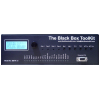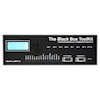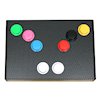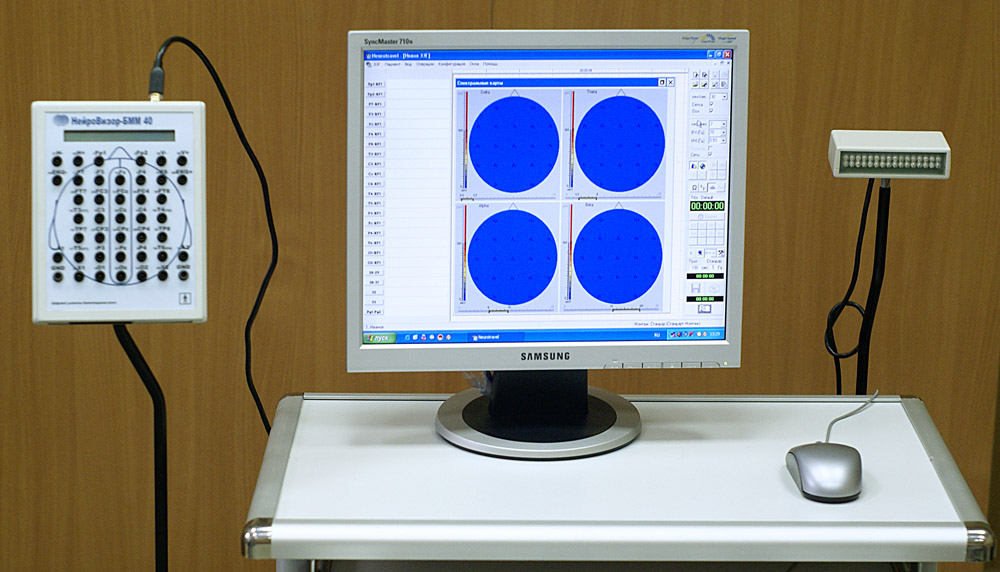Background
At the Black Box ToolKit we specialize in helping you achieve millisecond accurate presentation, synchronization, and response timing in your computer-based psychology experiments. Here are just a few of the things that can stop you doing just that!- TFT Input lag
- TFT response time
- Image intensity
- Sound card latency
- Response devices
- Voice keys
- 3rd party equipment
- OS issues
- Software settings
- Conditional biases
- The laws of physics




Need more help?
If you are unsure of how our products could work for you take a look at our What, Why and How pages. Answers to common application questions can be found in the FAQ section.If you have an application in mind but aren't sure, feel free to get in touch via email. Alternatively contact us by mail, phone or fax. We are here to help!
Synchronization with other equipment in psychology experiments (EEG, MRI, MEG)
 Synchronization between other
equipment and the PC or Mac you are running your psychology
experiment on is a typical source of timing error.
Synchronization between other
equipment and the PC or Mac you are running your psychology
experiment on is a typical source of timing error.Due to inherent millisecond timing errors in your other equipment, e.g. TFT, soundcard, response device, it can be difficult to align an event marker to an EEG machine or sync signal from an MRI machine accurately. For example, if you instruct the experiment to send an event marker to coincide with the onset of an image it is fairly certain the marker will actually be sent before the images appears due to input lag on your TFT monitor. How much sooner the event marker is sent can only be determined empirically with a Black Box ToolKit v2.
The Black Box ToolKit v2 can also help you identify EEG acquisition artefacts and apply the appropriate post hoc corrections.

A Neurovisor-BMM 40
computer-based electroencephalograph (image courtesy of
Masloboev Yury Petrovich)
For more information on EEG timing errors when using a combination
of different manufactures equipment consult:Jing et al (2004), "Timing errors in auditory event-related potentials"
Mulert and Lemieux (2010), "EEG- FMRI: Physiology, Technique and Applications"
Ritter et al (2010), "EEG Quality:The Image Acquisition Artefact"
